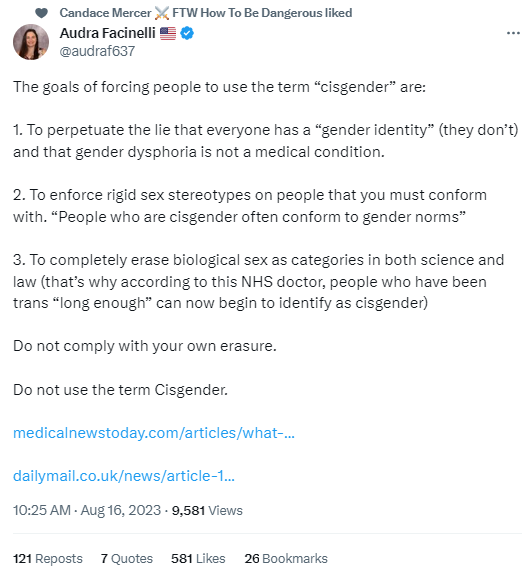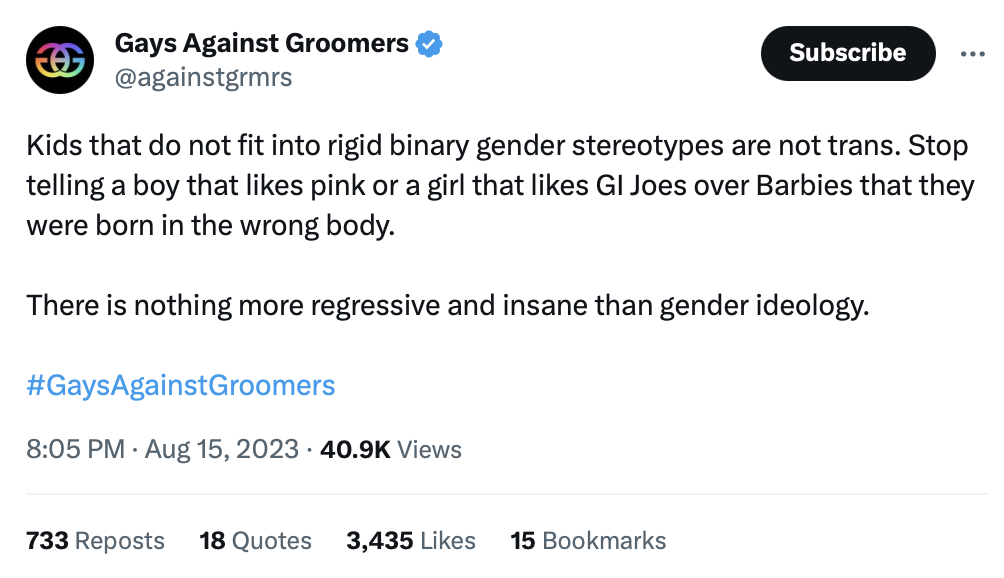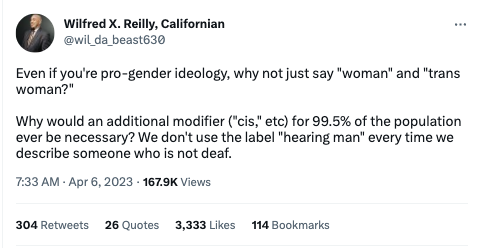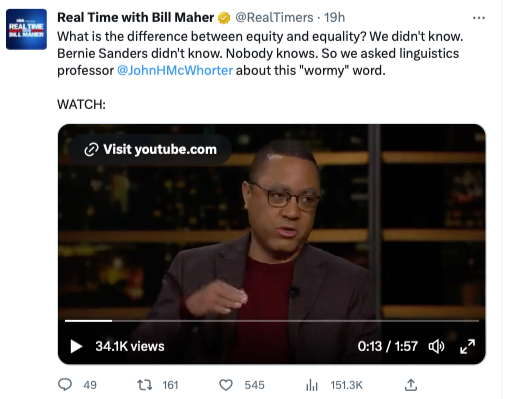I’ve repeatedly expressed my concern with the idea of a “political spectrum. In their book, The Myth of Left and Right: How the Political Spectrum Misleads and Harms America Verlan Lewis and Hyrum Lewis argue that the notion of a “political spectrum” is the root of much of our political dysfunction. I agree and I would recommend reading their article at Heterodox Academy. Here are a few excerpts from their article:
For most of our history, Americans didn’t think in terms of a spectrum. They just saw (accurately) that America had a two-party system and that each of these parties stood for a bundle of unrelated positions. This all started to change after World War I when Americans imported the left-right model that had arisen in Europe during the French Revolution. Since then, the use of the spectrum has grown exponentially and actual policy has been obscured as Americans have become accustomed to placing every person, institution, or group somewhere on a left-right scale (with radicals on the far left, progressives and liberals on the center left, reactionaries on the far right, and conservatives on the center right). The political spectrum is, without question, the most common political paradigm in 21st-century America.
The central problem with this model is that it’s inaccurate for the simple reason that there’s more than one issue in politics and a spectrum can, by definition, measure only one issue. There are a multitude of distinct, unrelated political policies under consideration today (e.g., abortion, income taxes, affirmative action, drug control, gun control, health care spending, the minimum wage, military intervention, etc.), and yet our predominant political model presumes that there is just one.
So if there is more than one issue in politics, why do Americans use a unidimensional political spectrum to describe politics? Generally, it’s because they are convinced that there is one essential issue that underlies and binds all others, such as “change,” and therefore the political spectrum accurately models where someone stands in relation to this essence
We contend that this is exactly backward. There is no essential issue underlying all others—abortion and tax rates really are distinct and unrelated policies—and socialization, not essence, explains the correlation between them. People first anchor into a tribe (because of peers, family, or a single issue they feel strongly about), adopt the positions of the tribe as a matter of socialization, and only then reverse engineer a story about how all the positions of their tribe are united by some essential principle (e.g., progressivism or conservatism) . . . Left-right ideology is the fiction we use to justify and mask our tribal attachments.
. . . Would it be useful for medical doctors to model all illnesses, treatments, and patients on a spectrum? Obviously not because medicine is multidimensional and trying to model all medical issues using a single dimension would do great harm. The same is true of politics. Doctors get along just fine by talking about specific illnesses and treatments (lung cancer, fractured tibia, bronchial infection, chemotherapy, bone setting, antibiotics), and political discourse would be much more productive if we simply talked about specific political problems and policies (crime, poverty, inflation, gun control, welfare spending, interest-rate tightening).
Yes, all models are simplifications of reality, but those models must also be accurate such that they improve rather than hinder our understanding of the matter in question. A bad model is actually worse than no model at all (as the four humors theory of disease makes clear), and the political spectrum is a bad model. It is a tool of misinformation, false association, and hostility.
. . . Talking in terms of a spectrum serves no informational function, but it does serve to elevate the temperature of debate and make the public really angry about the “commies” or “fascists” on the other side.







